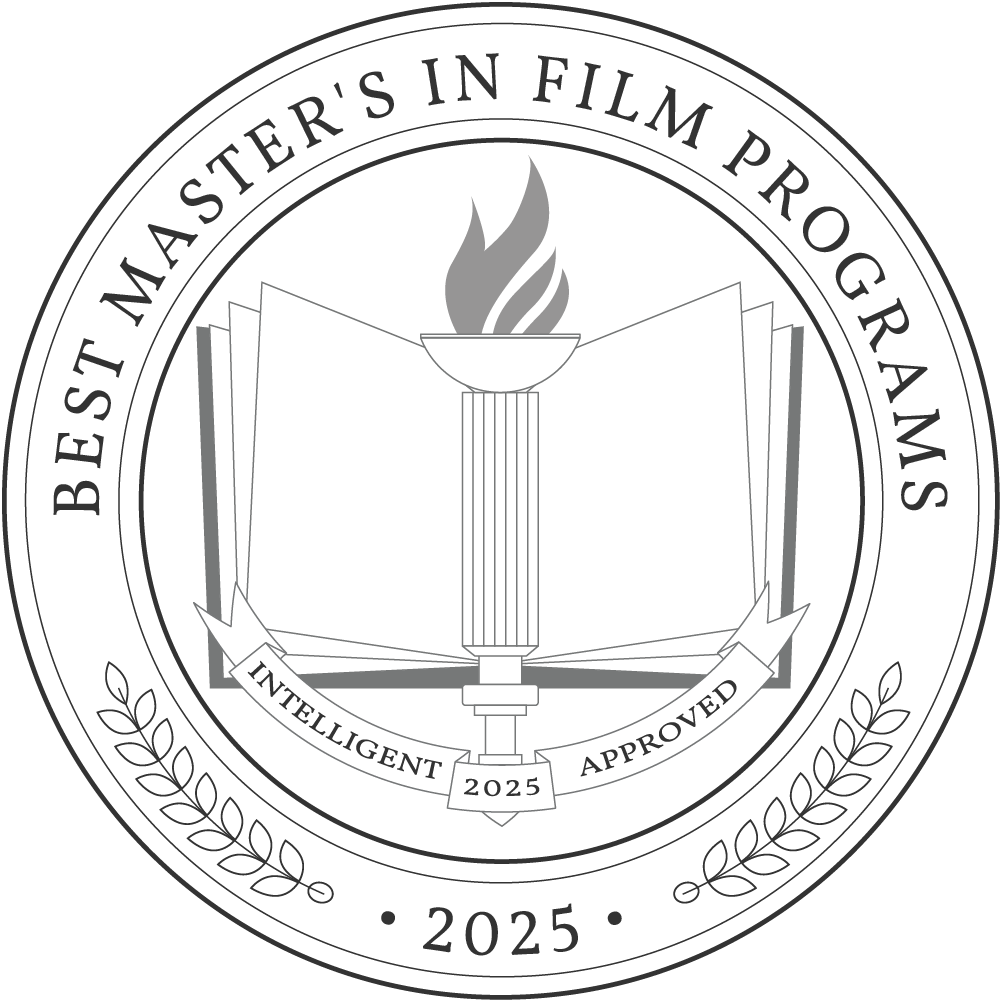Creative individuals eyeing careers in screenwriting, directing, cinematography, and more will find that a master’s in film is the key to achieving these goals. These degrees are designed to prepare students for high-caliber positions in the industry, such as producers and directors, who receive a median salary of $85,320, or film and video editors, with a median salary of $63,520. However, these opportunities extend beyond Hollywood; graduates often find rewarding careers in advertising, public relations, television, performing arts, and other sectors. Some MA graduates might even explore academic or research careers.
Typically, completing a master’s in film takes two to three years, with an average tuition cost of $19,749. This investment provides opportunities for several professional pathways, making it a valuable step for those committed to making their mark in visual storytelling.
Why Trust Us
The Intelligent.com Higher Education Team is dedicated to providing students with independent, equitable school and program rankings and well-researched resources. Our expert-driven articles cover topics related to online colleges and programs, paying for school, and career outlooks. We use data from the U.S. Department of Education’s College Scorecard, the National Center for Education Statistics, and other reputable educational and professional organizations. Our academic advisory team reviews content and verifies accuracy throughout the year for the most current information. Partnerships do not influence rankings or editorial decisions.
- Analyzed over 2,000 national, accredited, and nonprofit colleges and universities
- 800+ rankings pages are reviewed and updated yearly
- Content is informed by reputable sources, surveys, and interviews with academic advisors and other experts
- Over 100 data points are reviewed for accuracy and quality throughout the year, including sources
How we rank schools
Our list features the best Film degree programs at top colleges nationwide. Each school featured is a nonprofit, accredited institution — either public or private — with a high standard of academic quality for post-secondary institutions.
We evaluated each school’s program on tuition costs, admission, retention and graduation rates, faculty, reputation, and the student resources provided for online students. We collected data from trusted sources like the National Center for Education Statistics, individual school and program websites, school admissions counselors, and other data sources. Then, we calculated the Intelligent Score on a scale of 0 to 100 based on the following criterion:
Academic Quality:
- Admission rate versus enrollment rate
- Retention rate of students who return after year one
- Accreditation status (regional and programmatic)
- Nonprofit status, both private and public institutions
Graduation Rate
- Overall graduation rate
- Total number of currently enrolled students, including diversity metrics
- Student-to-faculty ratio
Cost and ROI
- In-state and out-of-state per-credit tuition rates and fees
- Required credits to graduate
- Earning potential after graduation
- Availability of federal student loans, scholarships, and other financial aid options
Student Resources
- Available student services for online-only and hybrid programs
- On-campus amenities like tutoring centers and the number of libraries
Read more about our ranking methodology.
Best 16 Accredited Master’s in Film Programs
FiltersInstitution Type
Status
- Intelligent Score
- Alphabetically By University Name
- Acceptance Rate
- Enrollment
- In-state Graduate Tuition
- Out-of-state Graduate Tuition
- In-state Undergraduate Tuition
- Out-of-state Undergraduate Tuition

Stanford University
Intelligent Score: 98.84In-state: $55,473
Out-of-state: $55,473
In-state: $54,315
Out-of-state: $54,315
SAT: 1420-1570
ACT: 31-35
$1,305
On-Campus
Western Association of Schools and Colleges Senior College and University Commission
62

UCLA School of Theater, Film and Television
Intelligent Score: 98.77In-state: $11,442
Out-of-state: $41,196
In-state: $11,442
Out-of-state: $11,442
SAT: 1310-1530
ACT: 30-35
Resident: $454
Non-Resident: $907
On-Campus
Western Association of Schools and Colleges Senior College and University Commission
72

USC School of Cinematic Arts
Intelligent Score: 98.75In-state: $12,288
Out-of-state: $33,528
In-state: $13,737
Out-of-state: $13,737
SAT: 1140-1340
ACT: 25-31
$2,244
On-Campus
Western Association of Schools and Colleges Senior College and University Commission
52

Columbia University School of the Arts
Intelligent Score: 95.79In-state: $57,864
Out-of-state: $57,864
In-state: $49,024
Out-of-state: $49,024
SAT: 1460-1570
ACT: 33-35
$2,398
On-Campus, Online
Middle States Commission on Higher Education
60

Boston University
Intelligent Score: 95.23In-state: $56,854
Out-of-state: $56,854
In-state: $56,854
Out-of-state: $56,854
SAT: 1310-1500
ACT: 30-34
$1,994
On-Campus, Online
New England Commission of Higher Education
64
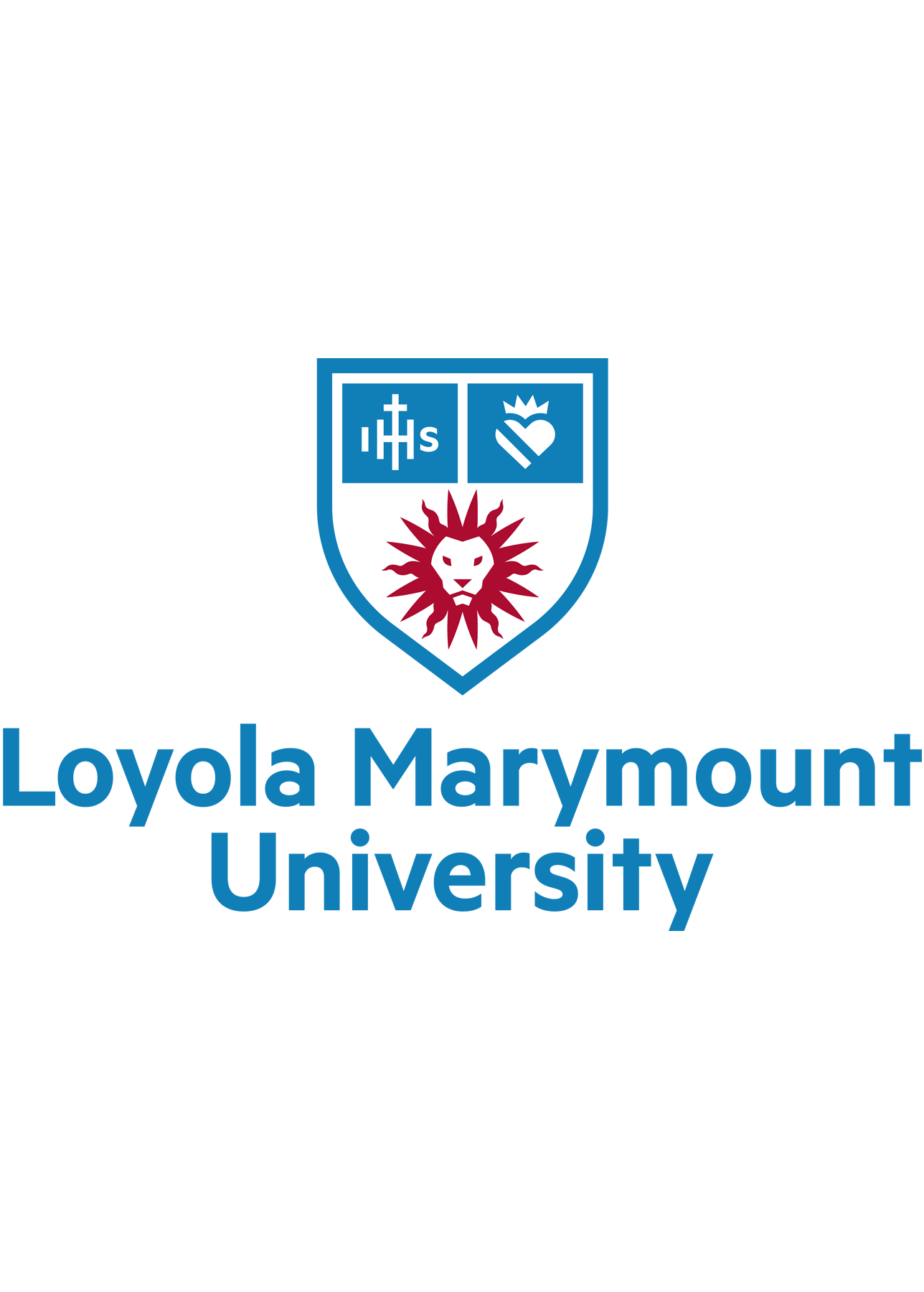
Loyola Marymount University
Intelligent Score: 94.62In-state: $51,820
Out-of-state: $51,820
In-state: $19,460
Out-of-state: $19,460
SAT: 1210-1390
ACT: 27-31
$1,536
On-Campus
Western Association of Schools and Colleges Senior College and University Commission
60

The University of Texas at Austin
Intelligent Score: 93.97In-state: $11,448
Out-of-state: $40,032
In-state: $12,028
Out-of-state: $12,028
SAT: 1210-1470
ACT: 26-33
Resident: $555
Non-Resident: $1,045
On-Campus
Southern Association of Colleges and Schools Commission on Colleges
60

Emerson College
Intelligent Score: 93.61In-state: $49,536
Out-of-state: $49,536
In-state: $31,104
Out-of-state: $31,104
SAT: 1190-1380
ACT: 27-31
$1,402
On-Campus
New England Commission of Higher Education
64

California Institute of the Arts
Intelligent Score: 92.54In-state: $77,308
Out-of-state: $77,308
In-state: $78,444
Out-of-state: $78,444
SAT: 1160
ACT: 19-24
$2,429
On-Campus
Western Association of Schools and Colleges Senior College and University Commission
60
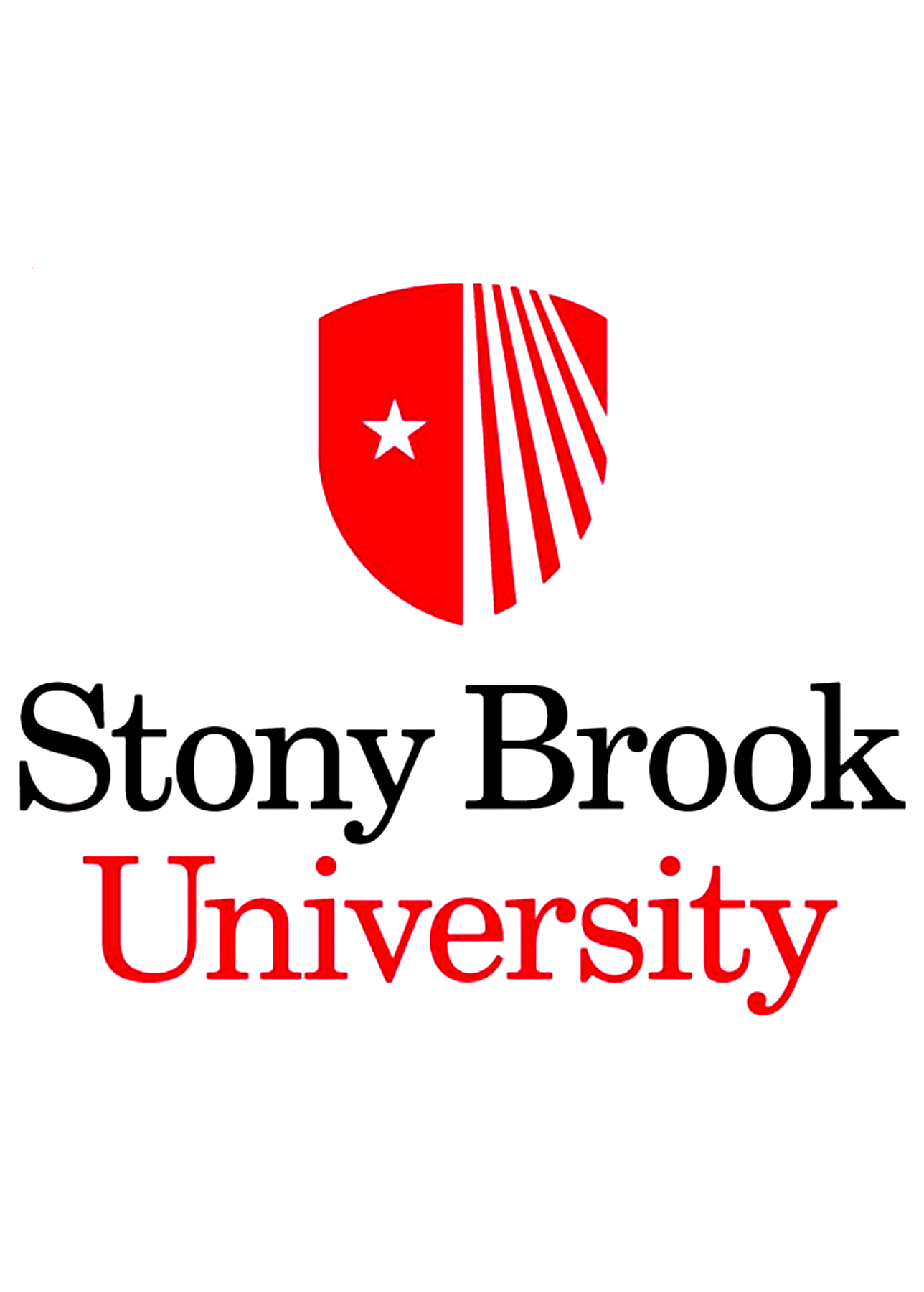
Stony Brook University
Intelligent Score: 91.32In-state: $7,070
Out-of-state: $24,740
In-state: $11,310
Out-of-state: $11,310
SAT: 1230-1440
ACT: 26-32
Resident: $471
Non-Resident: $963
On-Campus
Middle States Commission on Higher Education
45-48

University of Iowa
Intelligent Score: 90.48In-state: $8,073
Out-of-state: $30,036
In-state: $10,079
Out-of-state: $10,079
SAT: 1110-1310
ACT: 22-29
In-State: $626
Out-of-State: $1,677
On-Campus, Online
Higher Learning Commission
36
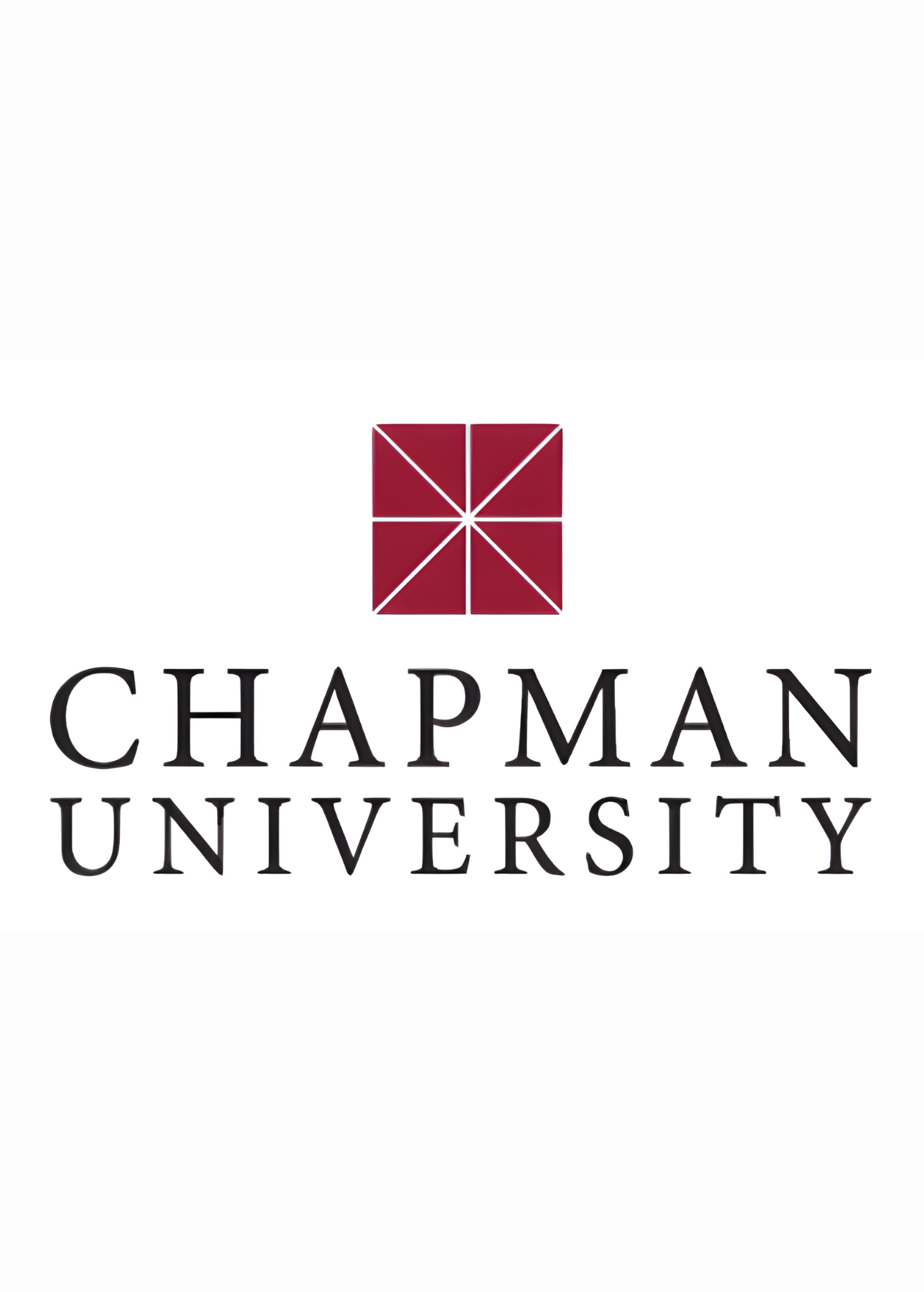
Chapman University
Intelligent Score: 89.44In-state: $56,830
Out-of-state: $56,830
In-state: $35,105
Out-of-state: $35,105
SAT: 1170-1350
ACT: 25-30
$1,615
On-Campus
Western Association of Schools and Colleges Senior College and University Commission
72
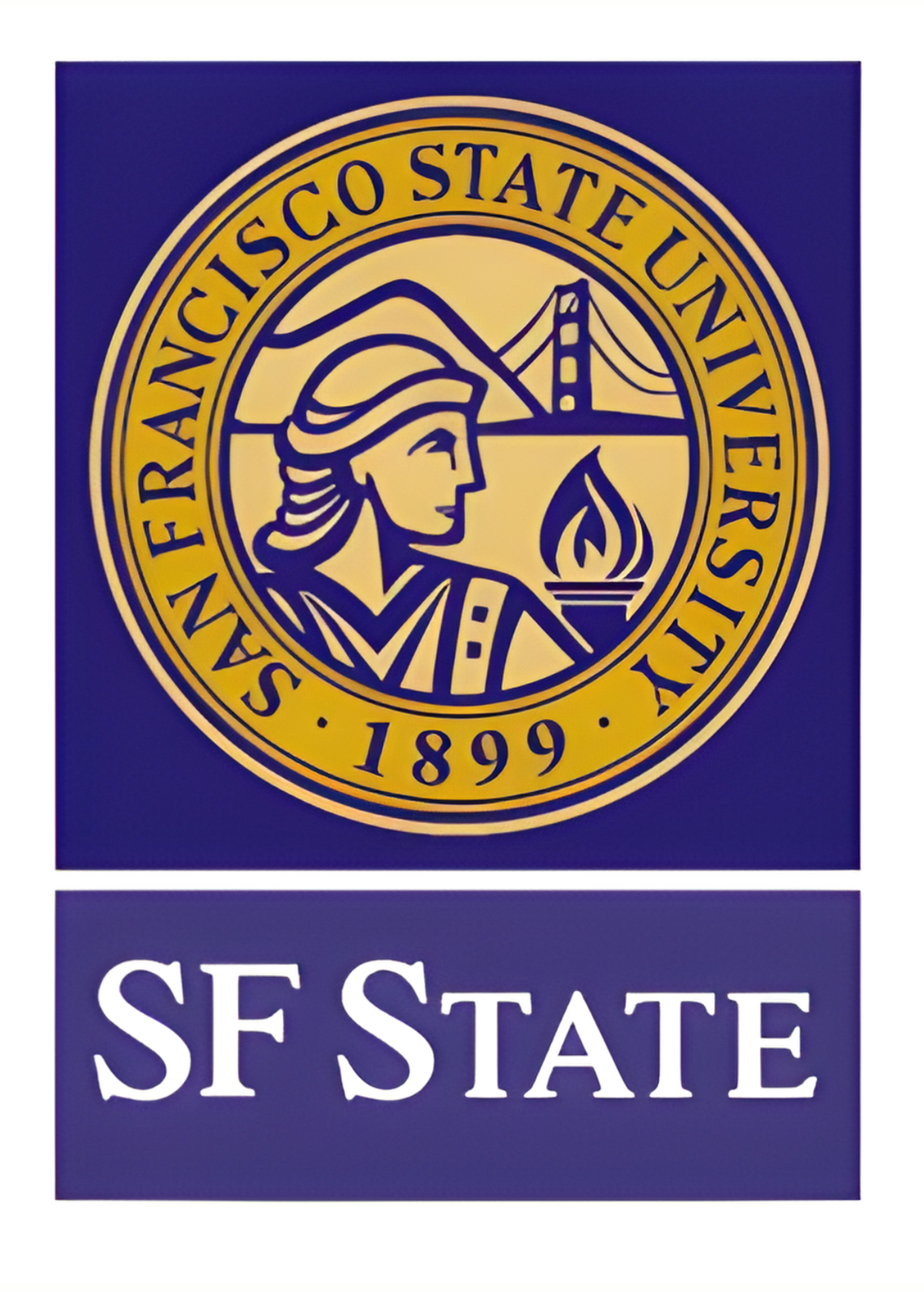
San Francisco State University
Intelligent Score: 89.20In-state: $5,742
Out-of-state: $17,622
In-state: $7,176
Out-of-state: $7,176
SAT: 930-1130
ACT: 16-23
Resident: $700
Non-Resident: $1,096
Hybrid
Western Association of Schools and Colleges Senior College and University Commission
60

Syracuse University
Intelligent Score: 89.04In-state: $53,432
Out-of-state: $53,432
In-state: $40,392
Out-of-state: $40,392
SAT: N/A
ACT: N/A
$1,872
On-Campus
Middle States Commission on Higher Education
60
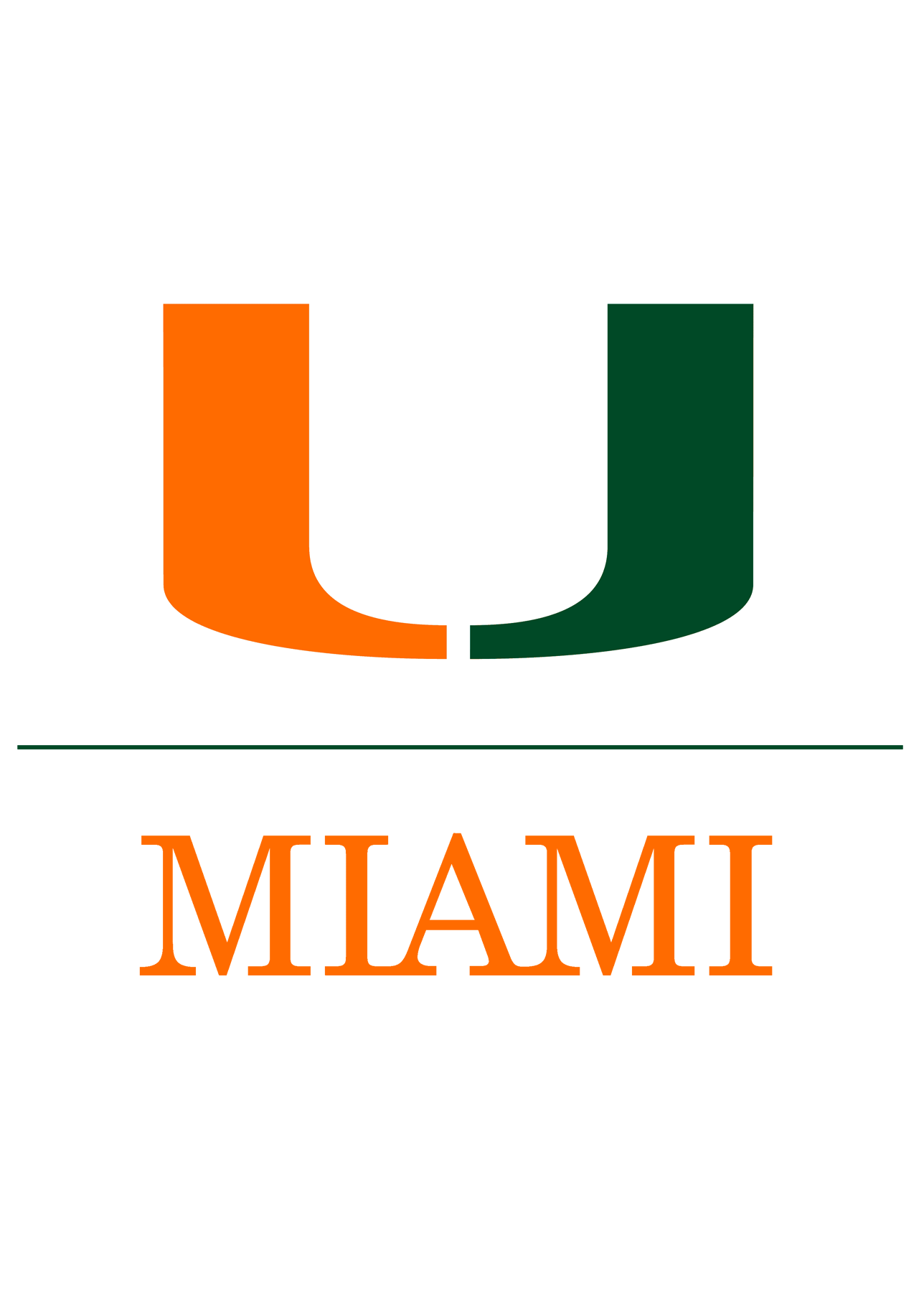
University of Miami
Intelligent Score: 84.49In-state: $52,080
Out-of-state: $52,080
In-state: $45,288
Out-of-state: $45,288
SAT: 1250-1420
ACT: 28-32
$2,421
On-Campus
Southern Association of Colleges and Schools Commission on Colleges
54-66
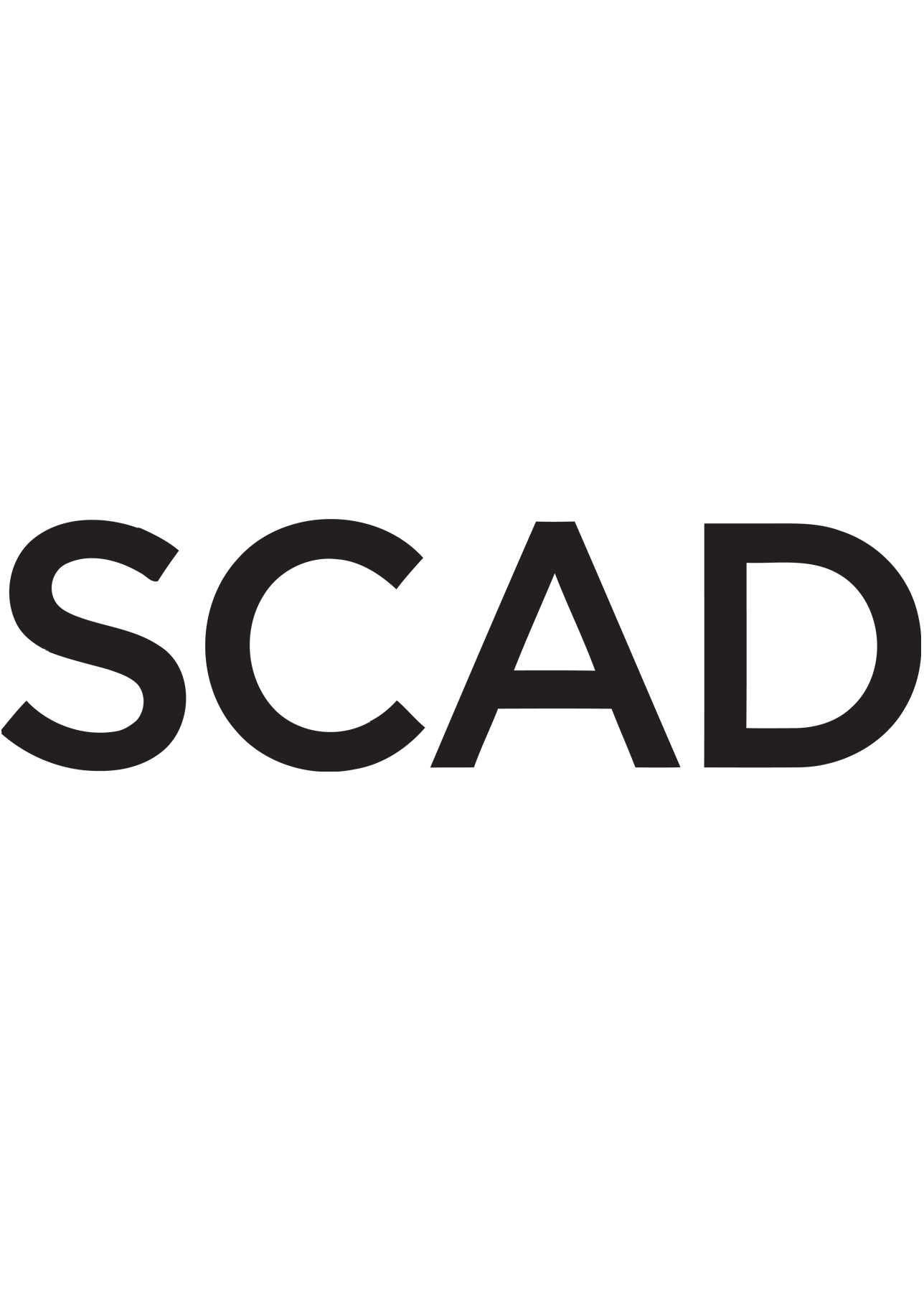
Savannah College of Art and Design
Intelligent Score: 83.70In-state: $37,575
Out-of-state: $37,575
In-state: $38,475
Out-of-state: $38,475
SAT: N/A
ACT: N/A
$936
On-Campus
Southern Association of Colleges and Schools Commission on Colleges
45
How to Choose a Master’s in Film Program
Choose your area of study
Choosing an area of study — often called a “specialization” — for your graduate degree is essential in a field as versatile as film, as this decision will shape your career trajectory. This is also an excellent time to assess whether an MA or MFA degree is right for you, as specializations will vary between the two. While an MA is more academic and theoretical, an MFA is more creative and hands-on.
For MA candidates, options like film studies or film history cater to those interested in research or teaching. MFA students may focus on directing, screenwriting, or cinematography, which is ideal for aspiring filmmakers concentrating on craft and storytelling.
No matter the specialization you choose, it’s essential to make this decision early on so you can be sure to select a program that offers the education and opportunities you need to succeed.
Research schools and programs
Once you’ve chosen between an MA or MFA in film and identified a potential specialization, thorough research is key to finding the best program. Consider using the following questions to guide your research:
- What is the program’s reputation in your chosen field?
- Are there networking opportunities with industry professionals?
- Does a recognized accrediting body accredit the program?
Most programs make this information readily available on their website. You can also find answers to these questions by reaching out to an admissions counselor or attending an information session about the programs you’re interested in.
Prepare for tests and applications
Now that you have a shortlist of programs, you can begin preparing for tests and applications. Regardless of whether you plan to attend an MA or MFA program, you’ll need to focus on tailoring your personal statement to illustrate your enthusiasm and fit for the program and securing strong letters of recommendation. Both program types generally emphasize a creative or academic portfolio, so you’ll want to dedicate ample time to refining this element of your application.
If GRE scores are required, enrolling in a test prep program can significantly improve your performance — providing strategies and plenty of practice to help you earn a competitive score.
Select your program
The arrival of acceptance letters is often an exciting time, but it can quickly become overwhelming if you receive more than one. This is a great time to revisit your initial research criteria, prioritizing what’s most important in your educational experience — whether it be the faculty you’ll learn from, student support services, or hands-on opportunities. It’s also crucial to thoroughly research the overall cost of attendance and explore financial aid options, including scholarships and assistantships.
Determine how you’ll pay for your degree
To finance your degree without accruing significant debt, you’ll want first to prioritize scholarships and grants, which don’t require repayment. Though grants are more common for undergraduates, several scholarships are available for graduate students based on merit or specific criteria.
Next, consider assistantships, which offer tuition waivers or stipends in return for teaching or performing research duties. If you’re currently employed and this degree is relevant to your current field, you may be eligible for tuition reimbursement through your employer.
If financial gaps remain, federal loans may fill them, but borrow carefully to avoid disrupting your future economic stability. To position yourself for post-graduation success, always explore all non-repayable financial aid options first.
What Can You Expect From a Master’s in Film Program?
These degree programs offer a top-tier education in film theory, history, and filmmaking. As a student, you’ll learn narrative techniques and practical skills in directing, screenwriting, and cinematography — preparing you for several potential career paths.
Curriculums often include hands-on projects, workshops, and internships with professionals, but this may differ slightly depending on whether you enroll in a Master of Arts (MA) or a Master of Fine Arts (MFA) program. While an MA emphasizes theoretical aspects of film studies and is suitable for those interested in teaching or research, an MFA is more practice-oriented and ideal for aspiring filmmakers seeking a direct path to creative roles.
Regardless of which type of degree you pursue, most programs can be completed in two to three years, with many requiring a thesis demonstrating mastery in your area of interest to be eligible for graduation.
Potential courses you’ll take in a master’s in film program
- Film Theory and Criticism: A cornerstone in most curriculums, this course delves into the critical theories and underlying philosophies of film as an art form. Participants will explore several schools of thought, including formalism, structuralism, psychoanalysis, and postmodernism, to understand how films create meaning and affect audiences.
- Directing the Narrative: Focusing on the art of directing, this course teaches students to visualize and bring a script to life on screen. Lessons cover directing actors, visual storytelling, and the collaborative nature of film production. Through practical exercises, students learn to develop their directorial voice.
- Cinematography: This technical course covers the principles of cinematography and the use of lighting to improve storytelling. Students learn about camera operation, composition, movement, and the role of lighting in creating mood and supporting the narrative.
- Screenwriting Workshop: In this course, most often seen in MFA programs, students are guided through developing and writing an original screenplay. From concept to final draft, topics include structure, character development, dialogue, and the business of screenwriting. Peer review and revisions are vital components, fostering a collaborative environment that mirrors the writers’ rooms you’d find in the industry.
Master’s in Film Degree Frequently Asked Questions
How do I apply to a master's in film degree program?
To apply for these degree programs, you’ll need first to figure out if you’d like to pursue an MA or MFA program. Generally, both programs require a bachelor’s degree, transcripts, letters of recommendation, a statement of purpose, and a portfolio of work, with MFA applications often emphasizing creative samples — like films or scripts — more heavily. MA applications might lean towards academic writings or theoretical analyses.
Of course, speaking with an admissions counselor before applying is always essential, as application criteria can vary by institution.
How much does a master's in film degree cost?
For the 2020-2021 academic year, the average tuition for graduate-level programs was $19,749, but this can vary widely between institutions. When budgeting for your degree, you’ll also want to consider additional expenses — like equipment, software, books, and project production costs. Living expenses, including housing, food, transportation, and potential travel for internships or research, can also significantly add to the overall cost.
Financial aid, scholarships, and assistantships can help offset these expenses, so exploring all available funding options is crucial. Be sure to contact a financial aid counselor at the schools you’re considering attending to understand the opportunities available.
How long does it take to earn a master's in film degree?
Earning your master’s in film will likely take two to three years if you enroll full-time, depending on the program’s structure and requirements. However, enrolling part-time will take longer, often four to five years, due to balancing coursework with other responsibilities — like having a full-time job or caretaking.
The duration will also vary based on the total number of required credits for graduation, with some programs necessitating more extensive coursework. It’s essential to check each program’s specific credit requirements and structure to gauge the time commitment needed to complete the degree accurately.
